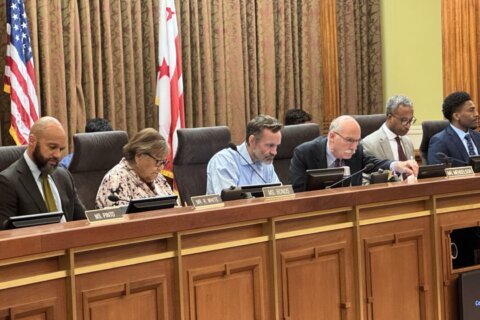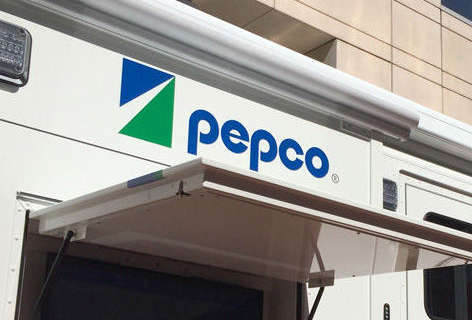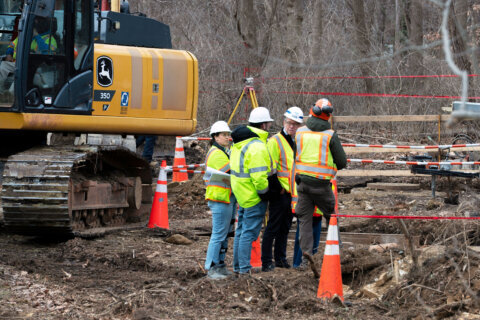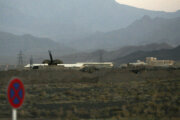The summer months are often the best times to stop looking down at our electronics — and look up toward the spectacular shows that the night skies put on for us all.
“The universe is sending us a message. It’s a good time to look at the sky,” said John Mulchaey, director of Carnegie Observatory in California.
Carnegie Science, at which Mulchaey is also deputy for science, keeps track of some of the best places to watch every astronomical phenomenon, especially this time of year, when John said all of nature’s fireworks — from supermoons to Saturn’s rings to meteor showers — are on full display.
“The sun is very, very active at the moment,” Mulchaey told WTOP, “which means it’s quite likely there will be chances in the next, say, six months or a year, where you might be able to see the Northern Lights from dark locations in the D.C. area.”
That’s something Mulchaey said is incredibly rare in these parts, but it’s not even close to the only thing you can see during this opportune time.
“There’s also some other events and phenomena that occur more commonly,” Mulchaey said. “The Perseids meteor shower is one of those, which is an opportunity for people to see potentially a hundred shooting stars an hour. And that’s very exciting.”
That meteor shower is expected to peak the night of Aug. 11 and stay visible through Aug. 12. Mulchaey said events like these are fun, free and the best part is — you only need your eyes.
But for seeing the meteor shower, and other events, there are a couple things you can do to make the experience worthwhile.
“Get out of the city,” Mulchaey told WTOP. “Get way out into the suburbs. Get in places where you have a nice clear horizon and where you are very far from lights. That really will impact your ability to see things.”
He also said another key is waiting for the moon to get out of the way and make things darker — which will allow you to better see shooting stars.
“If you’re willing to stay up past midnight, that meteor shower will be pretty spectacular,” he said.
“There’s also some great planets up in the summer,” he added. “Saturn, Jupiter, Mars.”
He said to see those, you may need a telescope, but you don’t need to break the bank either. With technology such as it is nowadays, you needn’t spend more than a couple hundred bucks.
“Start small, and if your kids continue to express interest and really get into it, then you can think of getting bigger and bigger telescopes,” he explained.
“Binoculars on their own allow you to do a lot of great things too,” he said, for those on more of a budget.
The bottom line?
Mulchaey said — get out of the phone and into the night sky. You won’t regret it.
Get breaking news and daily headlines delivered to your email inbox by signing up here.
© 2024 WTOP. All Rights Reserved. This website is not intended for users located within the European Economic Area.








